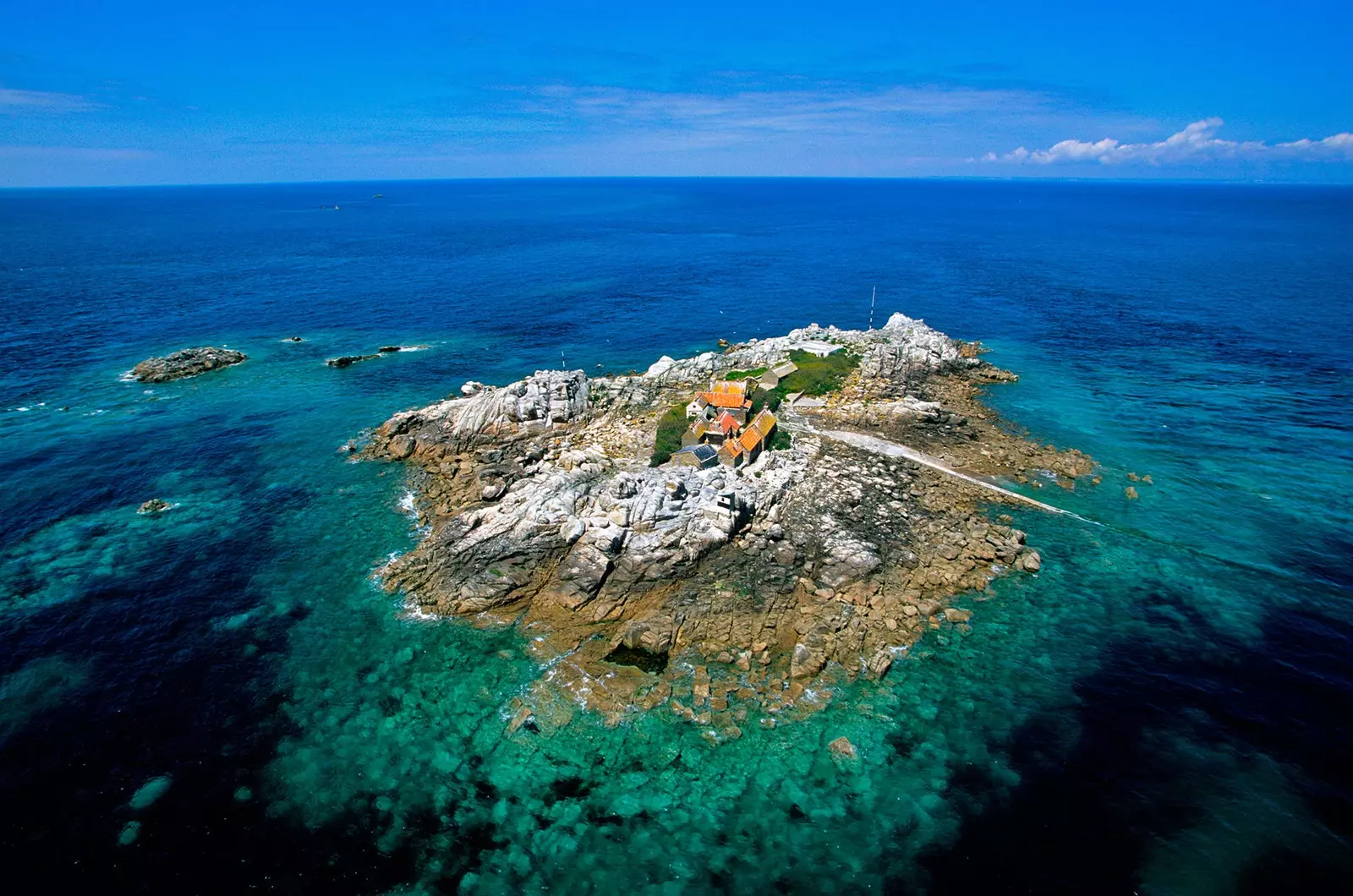
Les Minquiers, one of the places in 'Places without a map'
Places without a map _(Editorial Blackie Books) _ is not a book that is going to reveal the latest colorful landscape with which to be the first to win saturated photos and likes on your Instagram account. **Places without a map is a book that invites us to rethink our concept of Geography** as a discipline that goes beyond almost immovable natural accidents and transcends elements that are much more present in our daily lives than what we believe, reaching analyze the concept of place or how we relate to and with the urban environment in which most of us move.
“The sense of place is, I think, a basic human need. It should be contemplated together with other human rights”, he explains to Traveler.es Alastair Bonnett , author of the book.
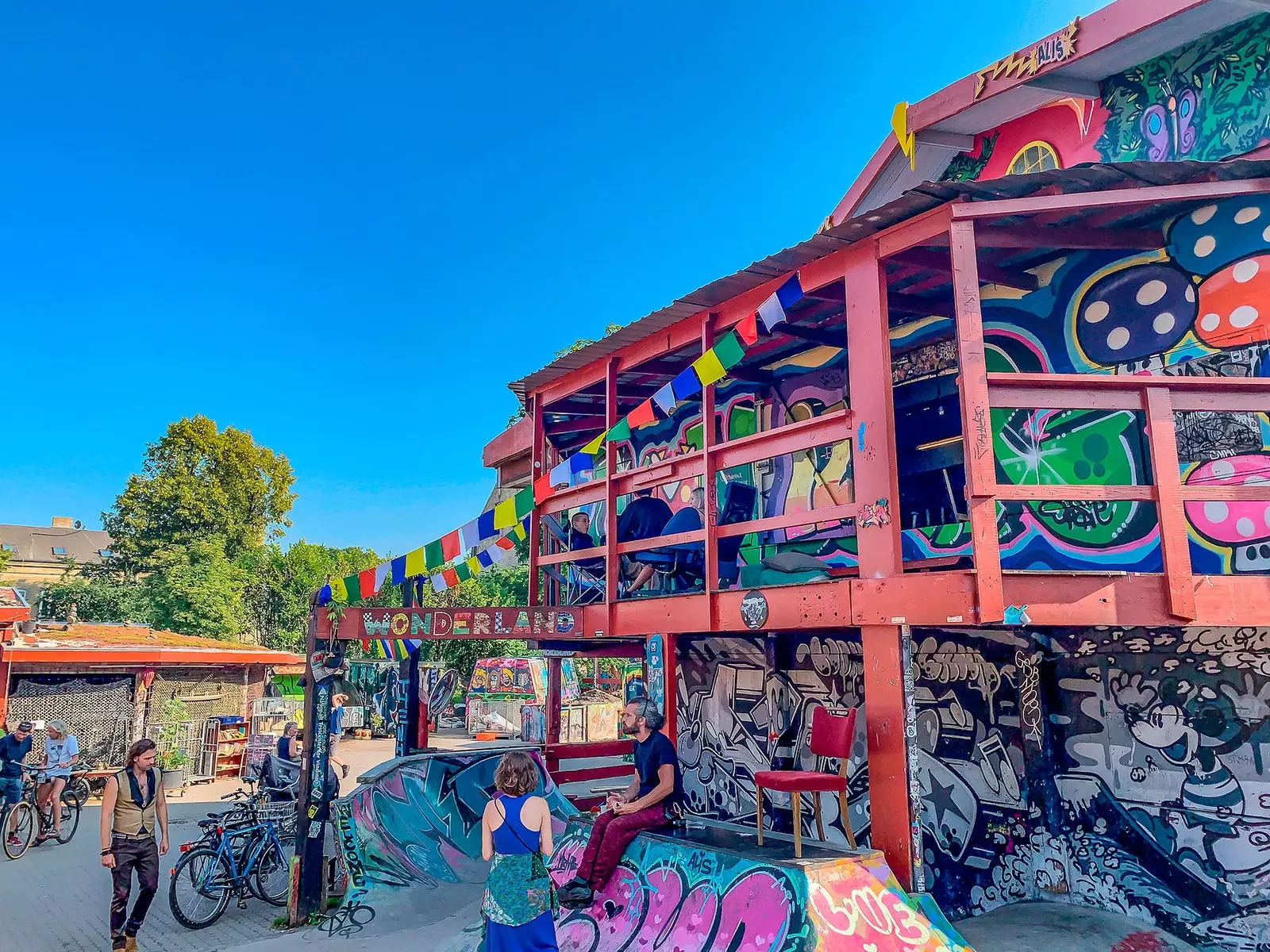
Christiania in Copenhagen
What one begins to read out of curiosity, assuming that it is impossible for there to be a place in the world that is not on Google Maps, ends up becoming a journey with which analyze the relationship of the individual with space. And it is that the latter constitutes the core of the work that Bonnett has developed throughout his career as a Geography teacher.
“We can have the feeling that everything is mapped, but current maps are still two-dimensional and very limited. The areas located underground and under the sea surface are barely mapped and the abundance of cities with many levels means that space is becoming too complex for the smooth maps we are used to” Bonnett analyzes.
Of course, Places without a map is an open door to amazing enclaves, but not only because of their quality of being distant or unexplored, but quite the opposite: by close and unnoticed. From them, Bonnett reflects on “how important it is for people to find secret and special places, something you can't see or know about at the click of a button."
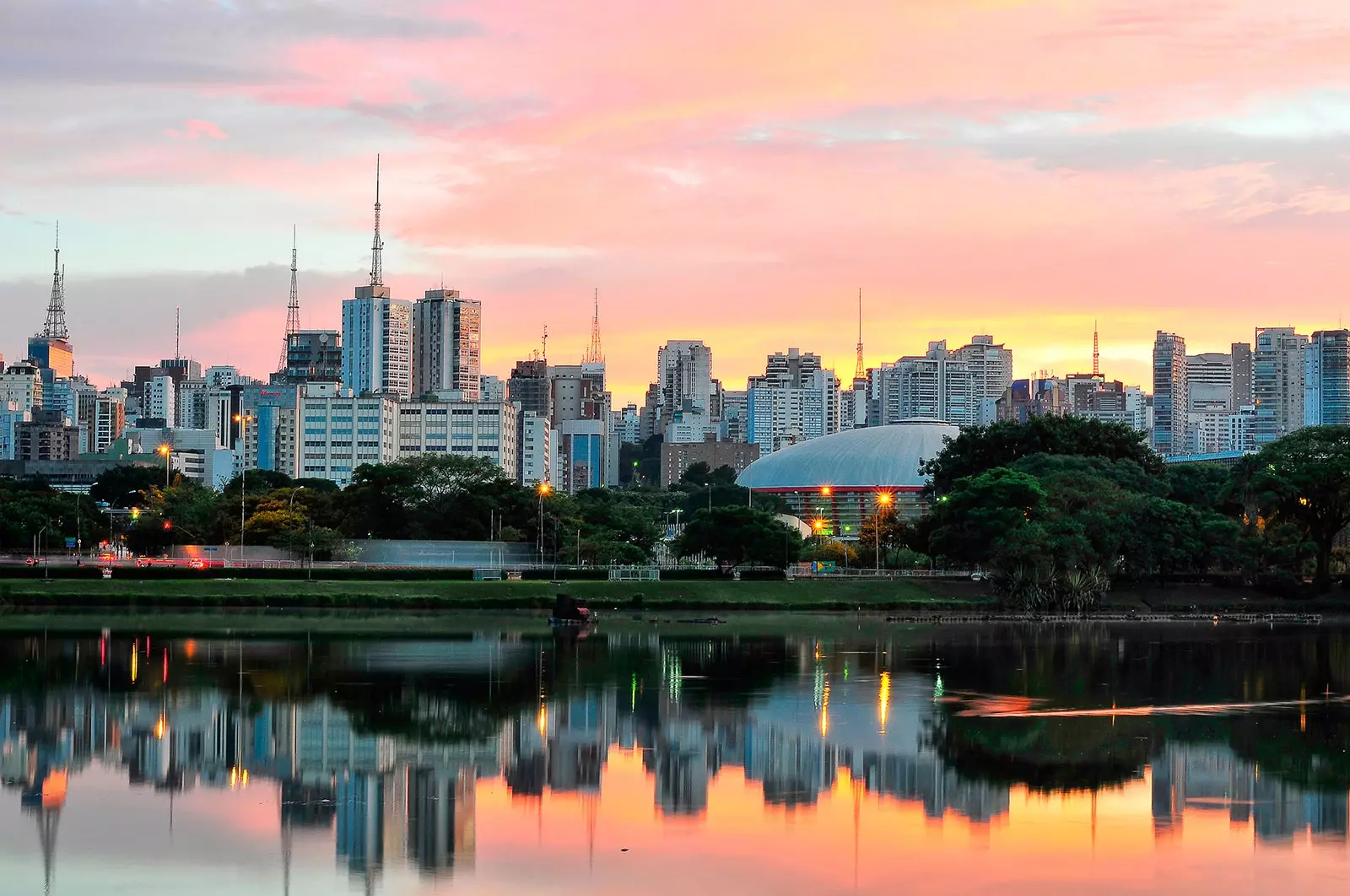
São Paulo, which Bonnett defines as "the city of helicopters"
And from there, inevitably, we jump to travel writing. “We need travel journalism that recognizes that so much tourism and so much travel are a problem and that many of the must-travelers have lost their charm," he says.
"It's about a way of writing that tries to reinvent exploration as something personal, unique and available around the corner and not just getting on a plane and flying thousands of miles. We are the beginning of that reinvention of travel”.
An example of this are many of the 39 jewels comprising Places without a map and that go beyond the explanations that prevail in our commonplaces. Furthermore, with the help of stories such as those of the gardening guerrilla or those of utopian communities, Bonnett gets us to go a step further and think about ethics, coexistence, kindness, benevolence or concern by what happens around us.
He writes about the modern city and throws darts at its routines, those that we unconsciously replicate because we have already assumed them as our own, normal and everyday, losing the ability to question them. “The ones that tell us that nothing that happens beyond the door of our homes concerns us; that the streets, the margins and the parks (the public space) are areas of transit, and not places to worry about”.
Wow, it seems that Geography was also this.

The Shinjuku Subway and the Legend of the Ghost Tunnel
“Geography has never been static. This illusion has been produced by having the map as an icon of Geography, a fixed poster with black lines that seems sculpted by nature”, he says.
Thus, from the mysteries of the Tokyo subway to the Garbage City in Cairo, passing through India, the Christiania of Denmark or the Minor Outlying Islands of the United States, we travel through new countries or territories, utopian or ghostly places, and we learn about the new nomads and about viable alternatives to life as we conceive it.
To find these places, Bonnett has used recommendations made by readers of his previous books and of his own accumulated experience in research and travel far from the usual circuits. A compendium of examples that demonstrate that "Geography is not a dusty and stagnant discipline, but a subject as fascinating as, at times, worrying” Bonnett writes.
And it is that this also goes to borders, not only of the geopolitics that change for many people around the world, but of the natural ones that will not be the same in half a century.
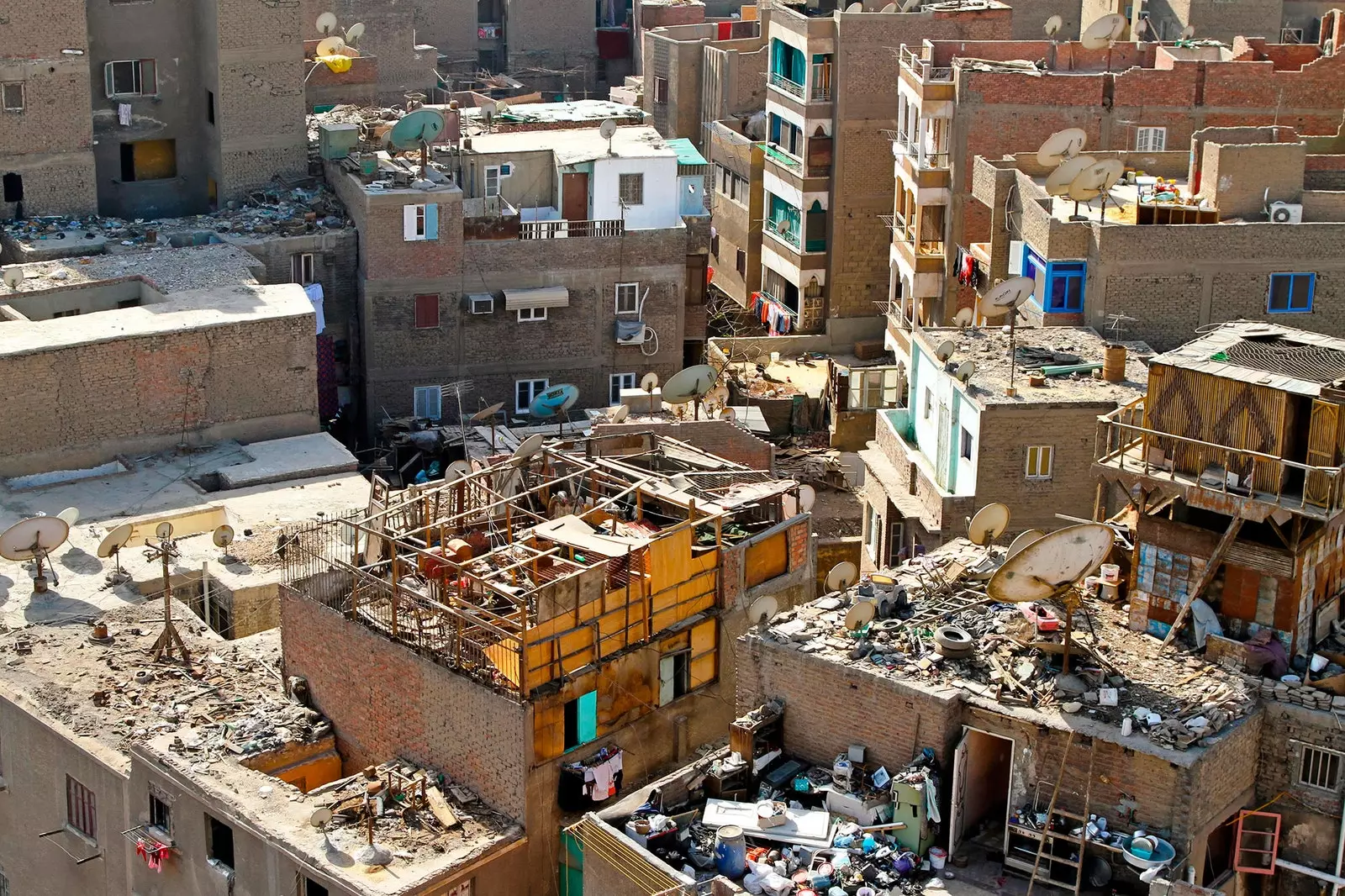
Garbage City, Cairo
“Like many people, I have love-hate relationships with borders. They are annoying and they can create conflicts, but they also express and enable cultural differences and political diversity," he explains.
"Most of the world, outside of the West, has seen borders come and go. It has often not been a festive circumstance and I cannot predict that a world with fluid borders or no border at all is going to be a safe place for most people. It is worth remembering that without borders there is nowhere to escape. (…) When countries collapse, as has happened with Syria, something similar emerges”, concludes Bonnett.
Being British, it's impossible not to ask Bonnett about Brexit. "Brexit is a misnomer, as this really has to do with England: it is an 'En-exit'. The fact that the English people who want to leave [the European Union] don't care much about the UK is obvious, when you consider that at the polls many of them said they don't care if Scotland, Wales and Northern Ireland they march. At the moment, and the way things are going, The UK will have many more borders.”
In fact, two weeks after the United Kingdom voted to leave the EU, it has already released one temporarily. bonnett street, Stratford Grove , declared its independence as a way to draw attention to the importance of feeling that distant institutions are not so far away.
“We had our microstate for a day or two. It never really had much more life beyond this, but the need that more and more people had to break down and say 'I want my own country' is significant. The great nations no longer speak to the people; huge entities, like the EU, much less” he reflects.
Wow, it seems that the idea of Geography "as a sum of clearly defined borders and contrasted facts it is falling apart".
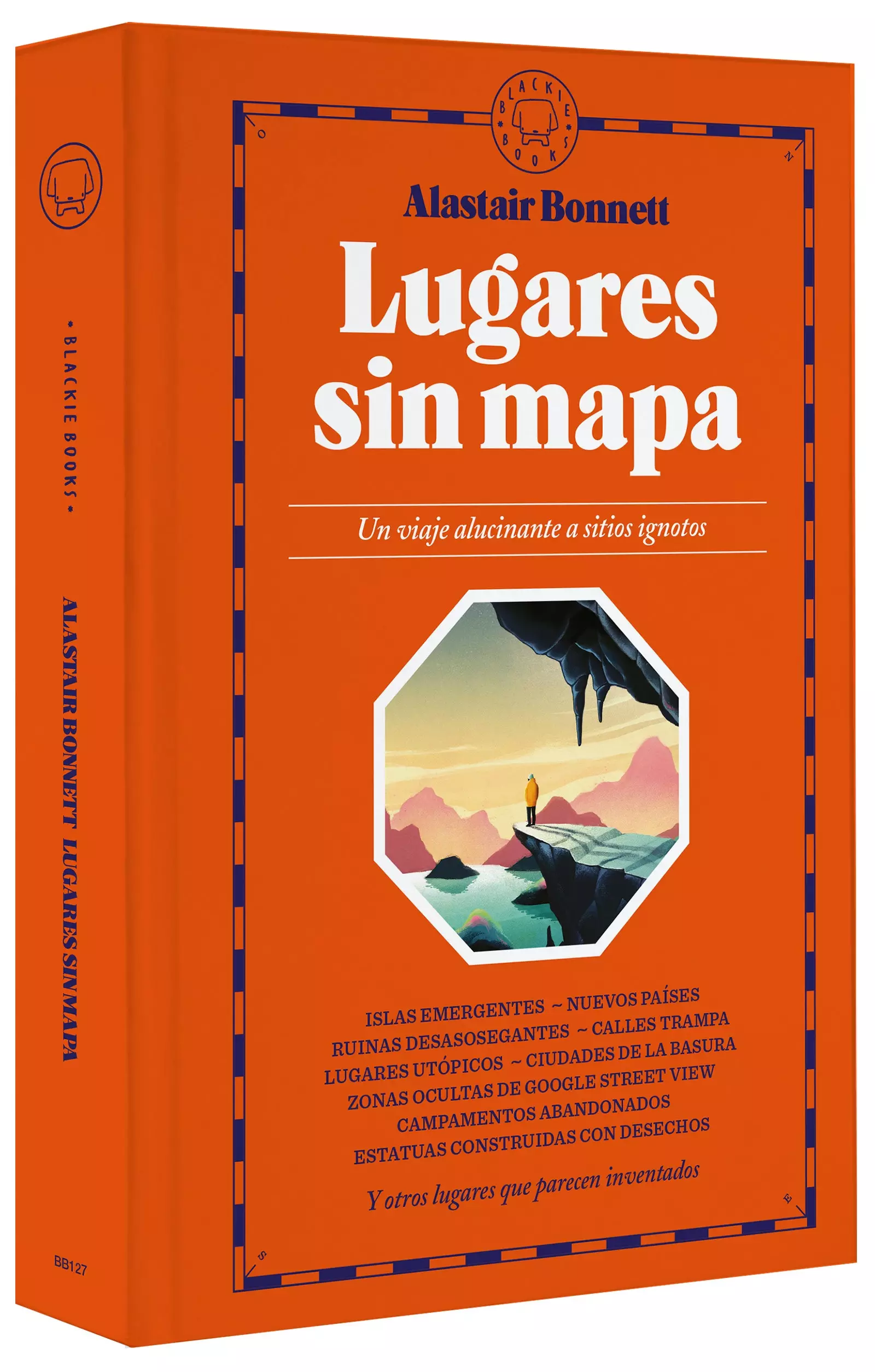
Book 'Places without a map'
